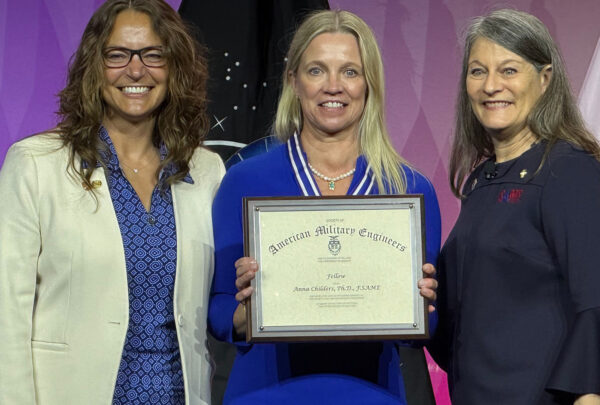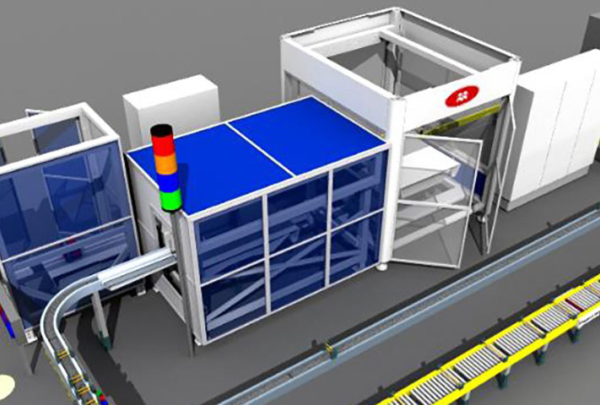The scientific method is often mischaracterized as a static, linear process. However, real insight and discovery in science is an ongoing cycle of developing models and methods that provide greater accuracy and usefulness. Discovering better results requires an openness to different approaches in problem-solving.
The scientific method is often mischaracterized by the following straightforward sequence of steps:
- Define the question
- Observe data
- Form hypothesis
- Perform experiment and collect data
- Analyze data
- Interpret data and draw conclusions that serve as a starting point for new hypothesis
- Publish results
- Retest
Einstein demonstrated that science is not a recipe. All inquiry requires intelligence, imagination and creativity. Real insight and discovery require adaptability. For example, Einstein’s Theories of Relativity didn’t negate the foundational truth of Sir Isaac Newton’s Principia; they simply expanded and refined them.
At times, manufacturing engineering can fall into stale patterns and methodologies. The basic feasibility and design practices of many of these processes are sound, but they often fail to realize full potential for improvements.
This case study examines a case in which an engineering team went beyond basic feasibility and design practices, using incremental steps to realize a $500,000 savings.
Big Dollars & High Complexity
The setting for this study is a massive manufacturing facility in the Southeastern U.S. Prior to this initiative, it comprised four miles of conveyor, 13 palletizing systems, 11 new tie-in points, 33 possible inputs and 13 destinations. Demand for the plant’s consumer products continues to grow, but equipment and operations need updating.
The company’s engineering team brought in Haskell professionals to conduct an initial engineering feasibility study that would help scope the project to determine initial funding needs.
This static capacity and linear analysis is, by definition, conservative, spreadsheet-type work. Once the feasibility study was completed, a more detailed, engineered project definition plan provided refined appropriation requirements, which initiated verification of a new layout for variables such as product demand curves, operating schedules, maintenance and selection of equipment.
Targets of Opportunity
Targets of opportunity were identified to justify or deny the capital investment for the system’s improvement. In this case, there were eight significant decision points established:
- Two High-Speed Sortation Points
- Two High-Speed Laners
- Four 2-to-1 Merges with Scan Points
The definition report indicated that a new high-speed sorter likely needed to be added to meet production requirements. Then, the debate began.
Reasonable Conclusions vs. Real Insight
The company’s engineering design team was satisfied with the static capacity reports and layout alternatives. The Haskell team had conducted a thorough analysis, and corporate leadership was ready to make an investment choice against the overall business case.
However, the Haskell team and some client members of the team had a nagging feeling. From their experience with other complex systems, the professionals knew there was more to be learned and revealed than the static reports could supply.
The local project team, comprising facility and Haskell engineers, drew on past successes as they encouraged corporate management to fund simulation of the design options, which would be similar to the cost of the static reports.
Haskell engineers knew that simulations would mimic specific characteristics of real systems dynamically and provide insight on system operations, performance, and verification of controls strategies for the entirety of Process, Packaging and Material Handling & Distribution systems. They contended that a full simulation of various design options would reveal superior design options for such a large and complex system.
Corporate management agreed, and their decision paid off. The simulation revealed that the new system was currently “overdesigned.” Careful study under multiple operating scenarios revealed several significant cost-saving changes:
- Shifting from an expensive, high-speed sorter to a lower-cost, custom sortation method would provide more than ample throughput.
- Large sections of conveyor – approximately 300 feet – could be removed from the system, reducing complexity and cost while maintaining required capacity.
- The original 13-palletizer system could be reconfigured to a nine-piece system by removing five palletizers, adding one high-speed palletizer and rebuilding two palletizers.
Conclusion and Summary
Ultimately, by using simulation to mimic the entire system, the project team committed to slightly greater costs for the up-front engineering effort but realized a 10-fold return on that investment (ROI), saving approximately $500,000 on unneeded equipment and systems.
While there was nothing wrong with the data from the static analyses, real insight and discovery through the more sophisticated simulation models and methods ultimately provided greater accuracy and usefulness in the form of significant savings for the client.
Contact Haskell’s of Processing, Packaging and Material Handling experts to optimize your manufacturing systems and maximize ROI.







